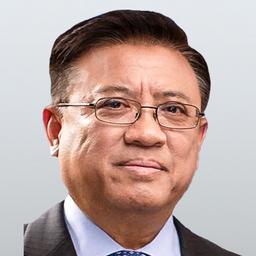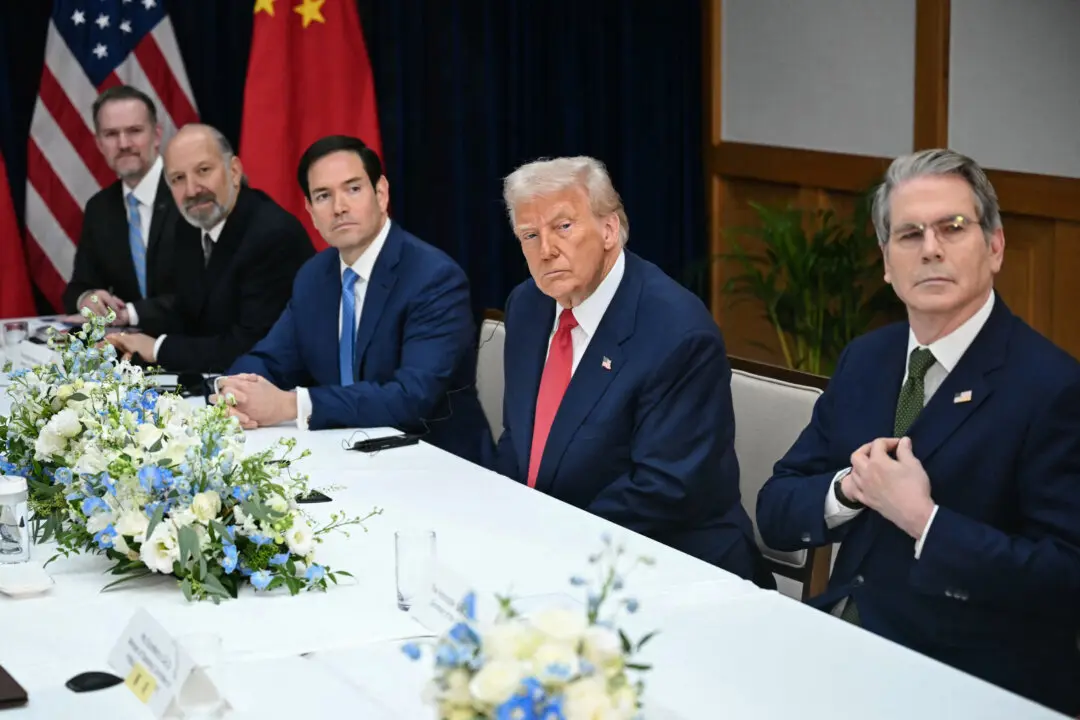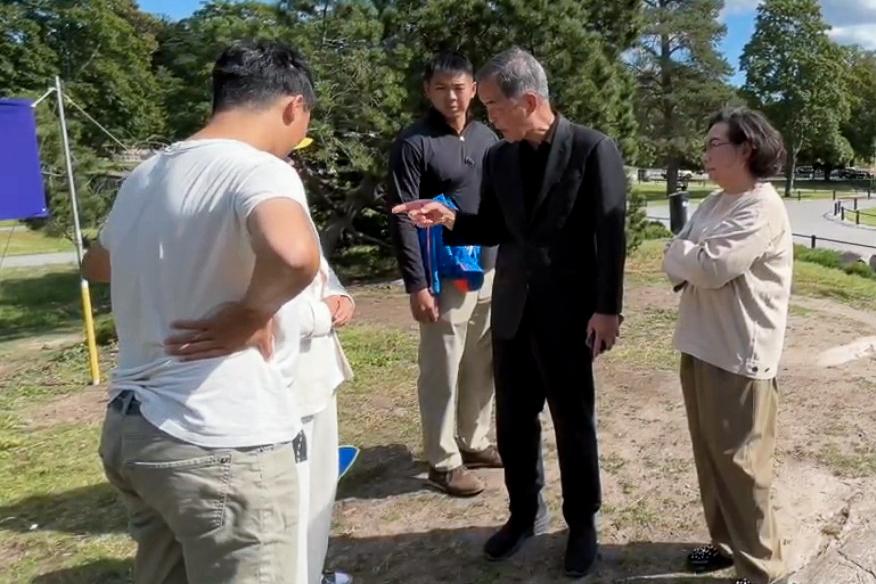At a press conference held on Dec. 20, the U.S. Department of Justice (DOJ) announced the prosecution of two hackers from communist China. According to the DOJ, they were members of the hacking unit APT10, which is affiliated with the Chinese regime’s Ministry of State Security (MSS).
The MSS is China’s only official intelligence agency, and is relatively new given the long history of communist Chinese espionage. It was established in 1983 by the merger of the former Political Security Department of the Ministry of Public Security (MPS, China’s police force), the Investigation Department or Central Investigation Department (CID), and other intelligence agencies.





